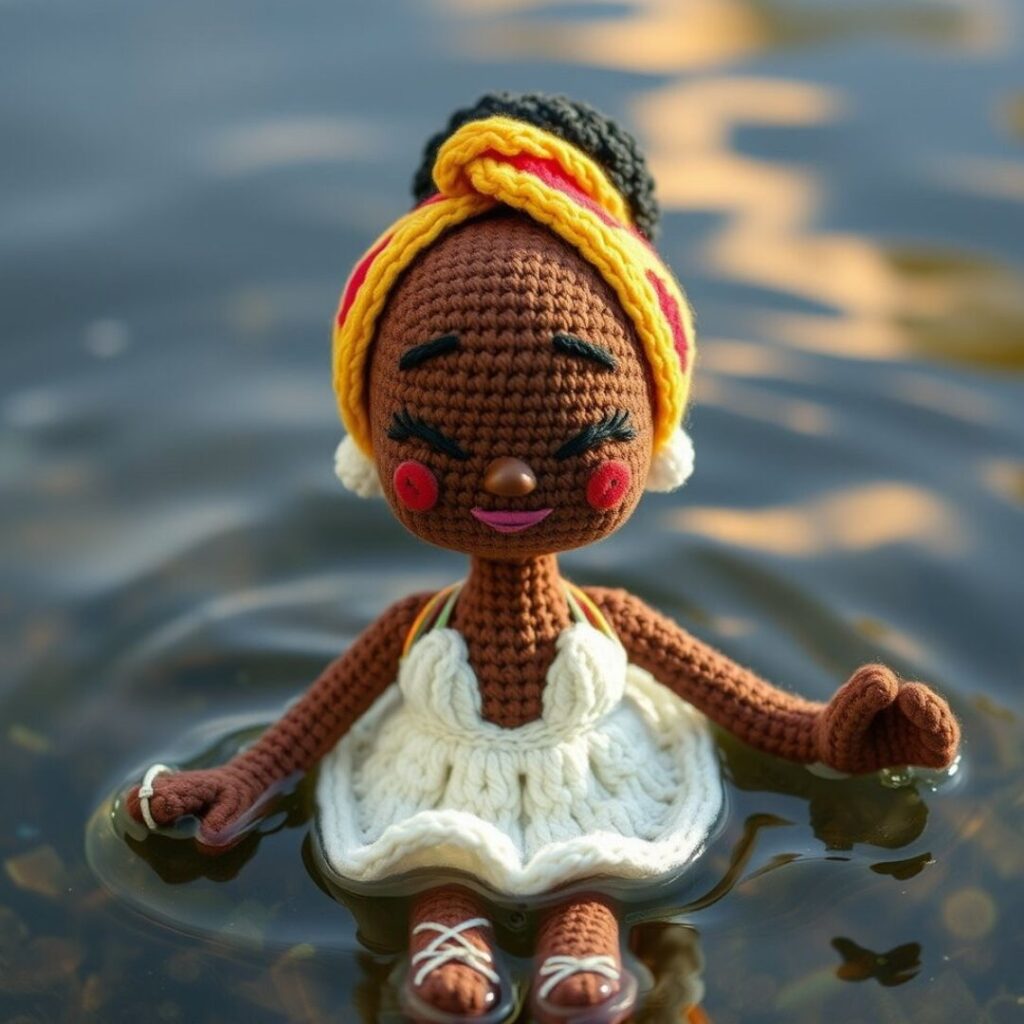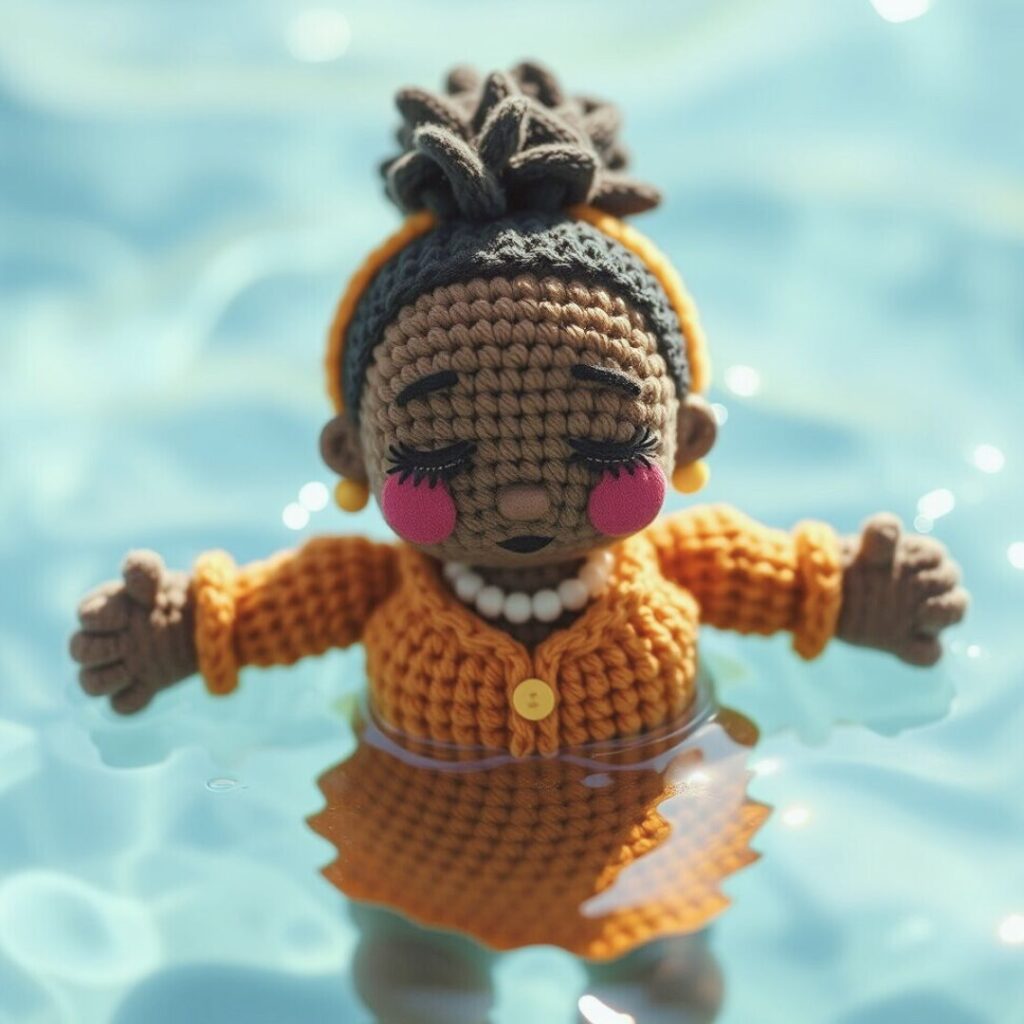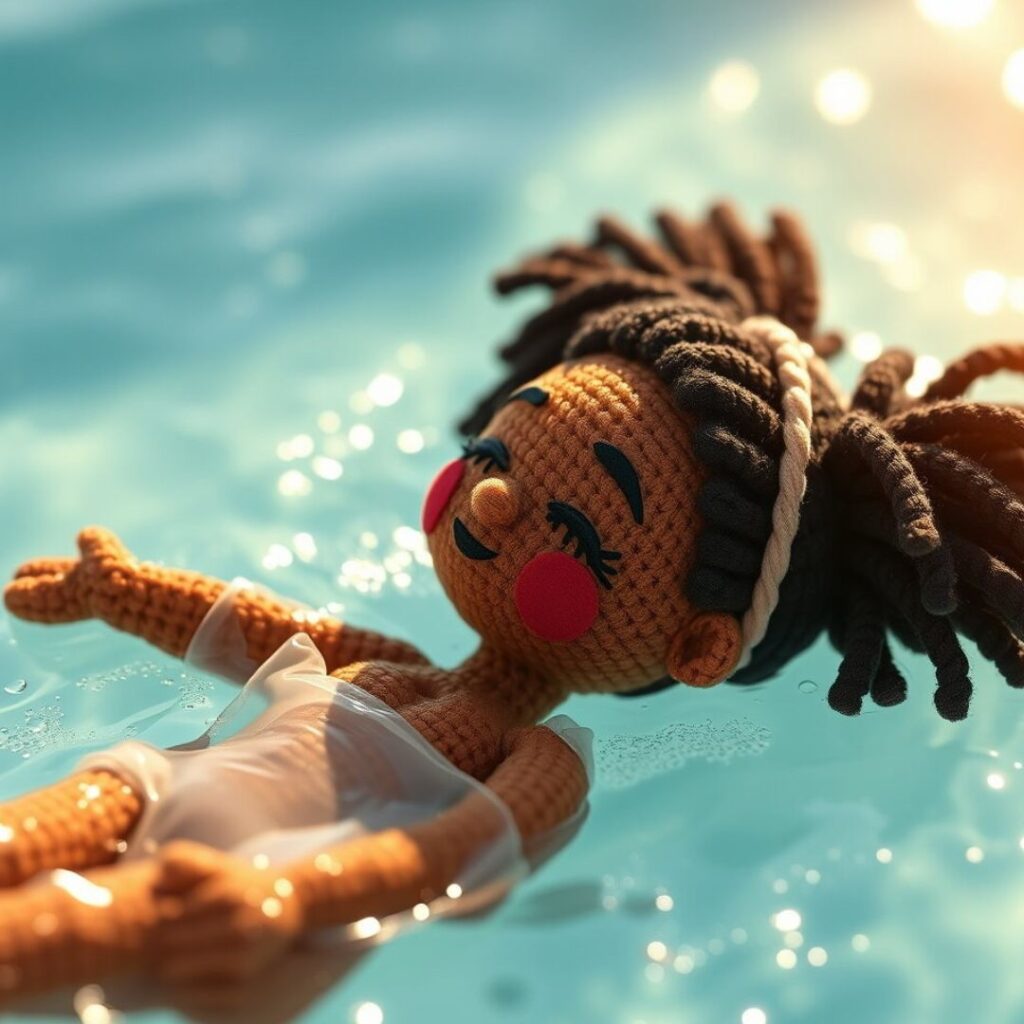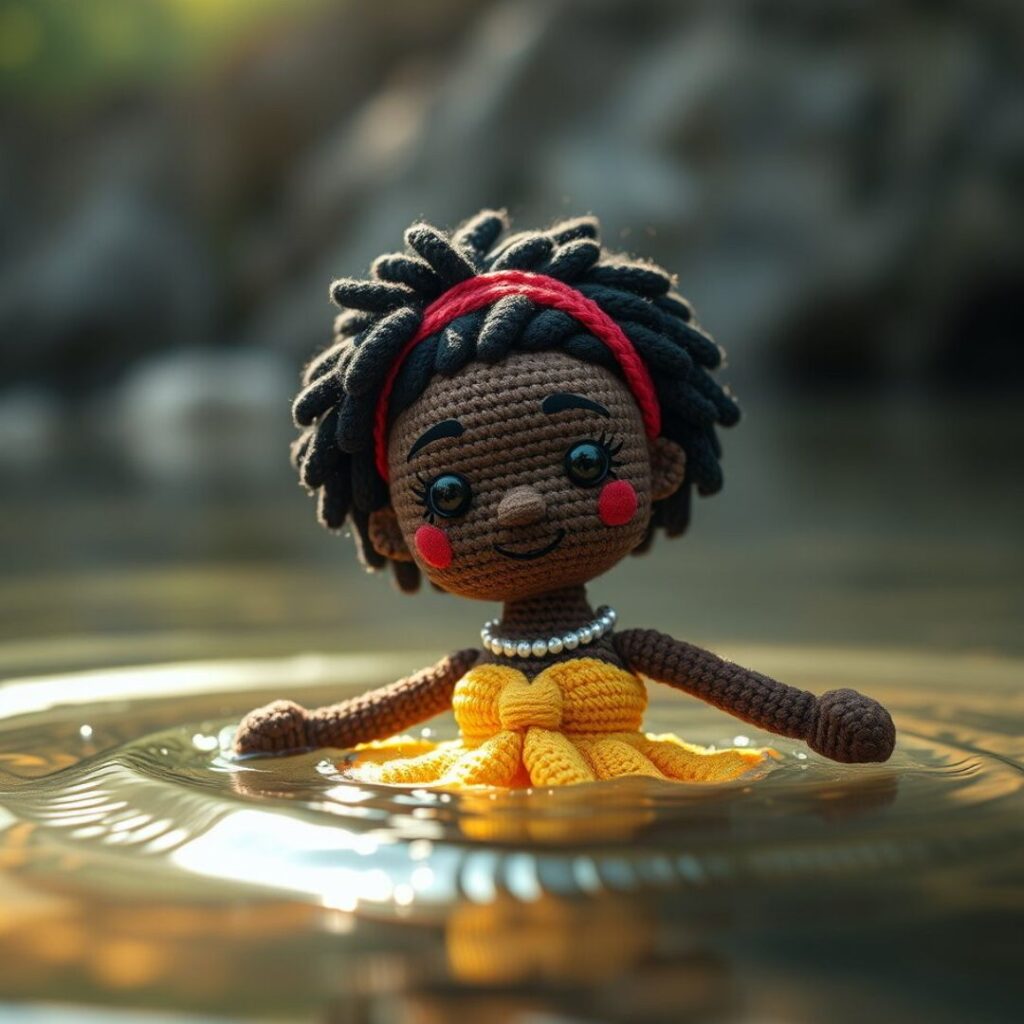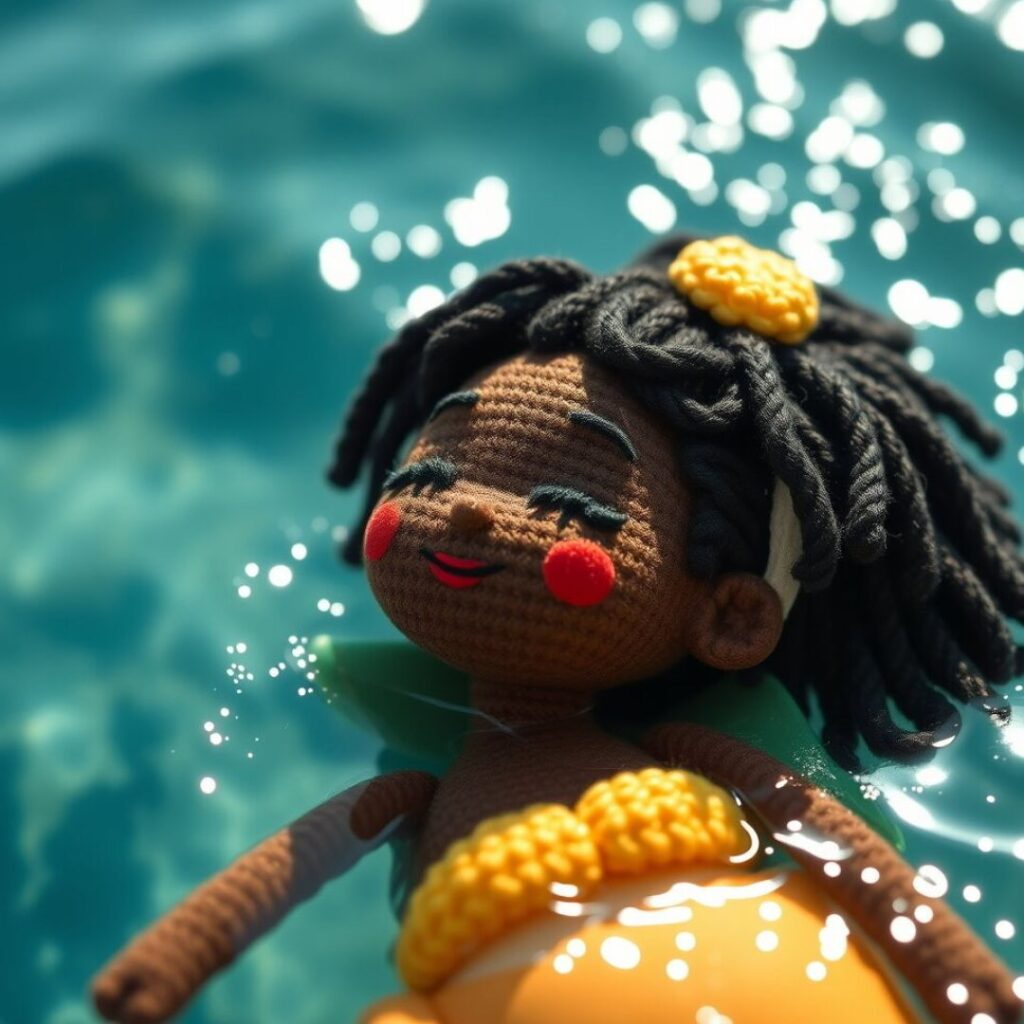Life has a way of pulling you under just when you think you’re finding your rhythm. You paddle harder, hold your breath, keep pushing forward—and then, another wave crashes. You’re soaked. Disoriented. Gasping for air.
And you wonder, how much longer can I keep this up?
Arms aching. Heart heavy with things you can’t fix, can’t outrun, can’t carry anymore.
Sometimes the paddling is what’s pulling you under.
And letting go isn’t quitting—it’s surviving.

The Moment I Let Go
It happens slowly. We don’t even realize it.
The water begins to rise. The rocks shift beneath us. The current quickens.
And before we know it, the fear of drowning has crept in.
It wasn’t one big thing—it was the constant movement, the never-ending stretch of being needed. I was tired, but still moving. Exhausted, but still answering. Showing up, holding it down, keeping it going.
Maybe it was the constant paddling that made me look productive to others. Maybe even to myself.
I kept thinking to myself, as long as I was in motion, I wouldn’t go under. That I could always come up for air—eventually.
But that day, something shifted.
I sat in my car, parked outside the pharmacy. I don’t even remember what I went in for. My mind was filled with so much stuff. I just remember gripping the steering wheel with both hands, suddenly unsure if I could make it to the next thing—unsure if I even should.
Everything felt far away.
My breath. My body. My name.
Like I was watching myself from underwater.
And then I exhaled.
Not a soft sigh, but the kind of breath that empties your whole chest. The kind you don’t realize you’ve been holding for weeks.
I didn’t cry. I didn’t curse. I didn’t pray.
I just let go.
And in that moment, I floated.
Not away—but inward.
Not to escape, but to stop the bleeding of energy that never came back.
And in that drift, I heard something I hadn’t heard in a long time: ME.
This isn’t about blame or burnout. It’s about choosing a gentler way to survive the day.

When Resisting Becomes the Real Risk
We’re taught to push through. To stay composed. To manage and maintain even when we’re unraveling inside.
But that kind of performance—especially for women who hold up households, solve crises on their lunch break, remember birthdays, track appointments, keep people calm, and fix what no one else sees—is its own quiet drowning.
It can look like:
- Replaying conversations you didn’t have time to process
- Taking on one more task because “it’ll just be easier if I do it”
- Saying “I’m fine” when you’re so far from fine you don’t remember what it feels like
And still, we keep paddling.
But sometimes the paddling becomes the very thing that wears us out.
And floating—not fixing—becomes the act of self-rescue.

Practical Ways to Ride the Wave
This isn’t about doing less—it’s about doing differently.
You don’t have to earn your rest through collapse. Letting the current carry you for a moment doesn’t mean you’ve lost your way.
Learning to ride the wave of life isn’t about surrendering your power. It’s about using your energy wisely. It’s about grace.
Here are a few gentle ways to shift from panic to presence:
- Breathe First, Act Later
Pause. Inhale. Exhale. Let your breath be the surface that keeps you above the undertow. - Step Back Without Guilt
Your worth isn’t measured by your output. Stepping back is like treading water—you’re still moving, just more gently. - Find Your Anchors
A walk. A journal entry. A warm cup of something. Small, steady rituals tether you to the present when the current pulls hard. - Let Go of the Myth of Control
Some waves are too big to manage. Focus on what’s within reach, and let the rest move around you. - Trust the Flow
Even when it’s murky, the current might be guiding you exactly where you need to go. You just can’t see the shoreline yet.
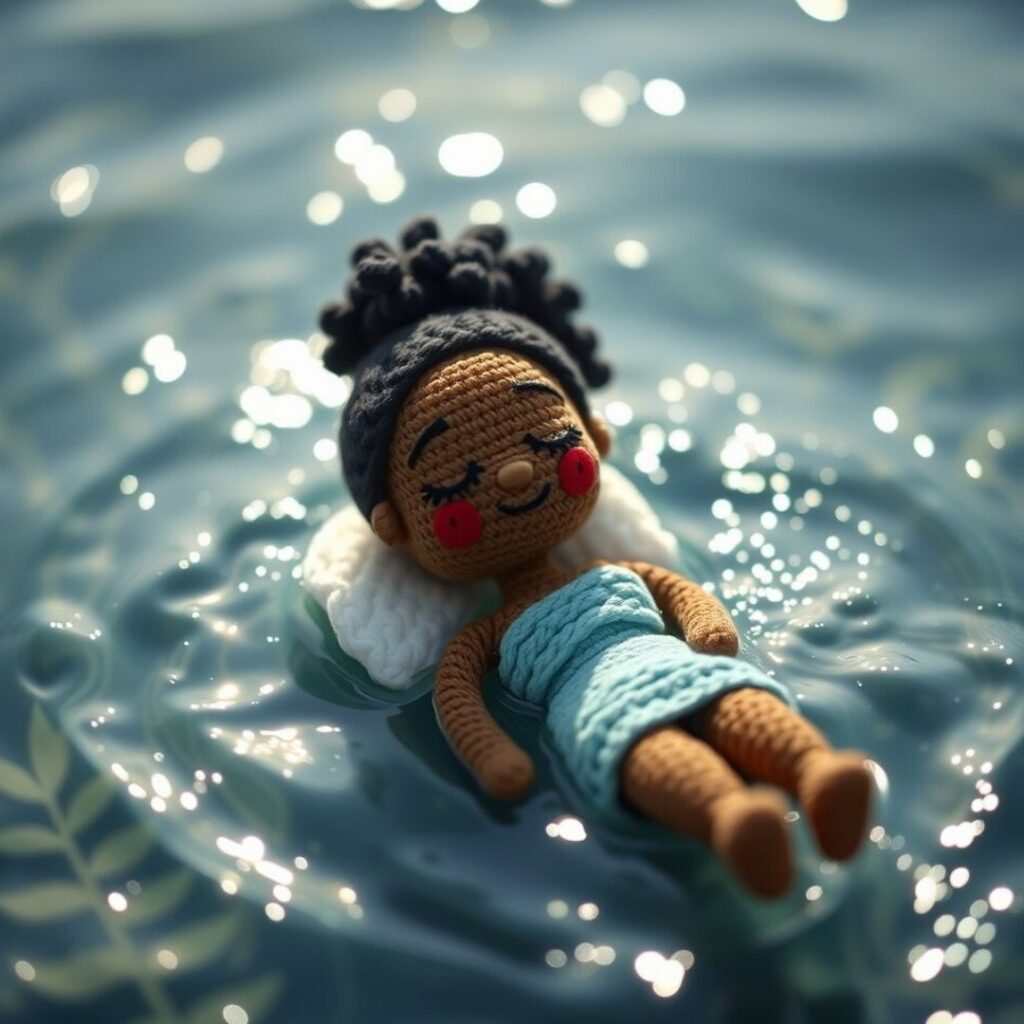
The Reassessing in the Drift
That moment in my car didn’t solve everything. But it gave me a chance to come up for air.
And in that breath, I remembered myself.
When you ride the wave instead of paddling against it, you get a moment to ask:
- What matters most right now?
- Where am I pouring energy that’s not pouring back?
- What would happen if I just floated—for a little while?
That drift isn’t defeat. It’s a form of grace.
It’s how you find your rhythm again, after the water has knocked the wind out of you.
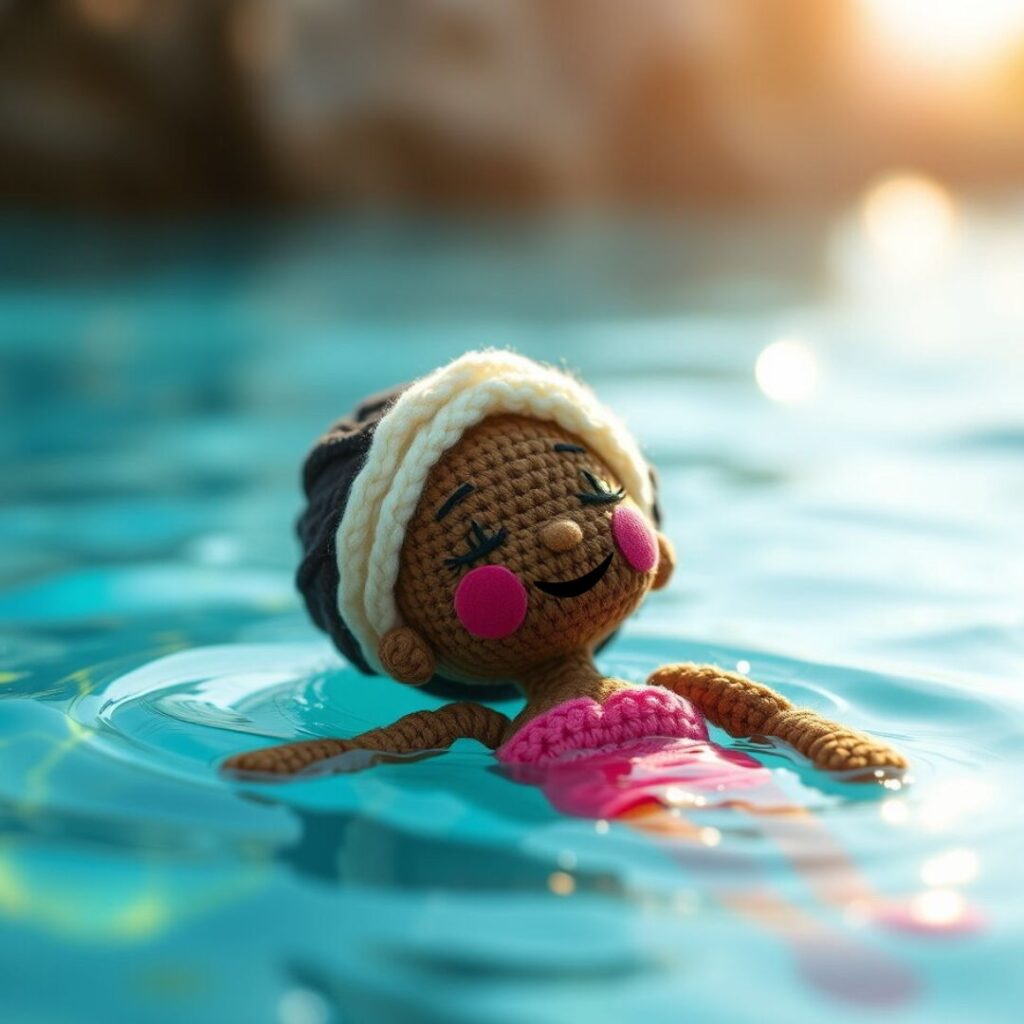
You’re Not Drowning—You’re Remembering How to Float
If life feels like too much right now, if you’re tired of holding it all, if your strength feels like it’s been stretched too thin—
Let go, just a little.
Float, just for now.
Let the wave hold you while you gather your breath.
You’re not broken.
You’re not weak.
You’re just tired.
And you’re allowed to be.
You’re not drowning.
You may what to consider taking a moment to float.

- Where in my life am I paddling too hard out of fear?
- What would drifting—even briefly—make possible for me?
- What “anchor” moments help me feel most like myself?
- What am I trying to control that might actually be safe to release?
- How can I redefine strength in this season?
Thank you for reading and visiting the blog—I’m grateful to share this space with you. The accompanying design by Vibe Graphix adds a thoughtful touch to this message. Take what resonates, let go of what weighs you down, and embrace your journey toward clarity and freedom. 💛
